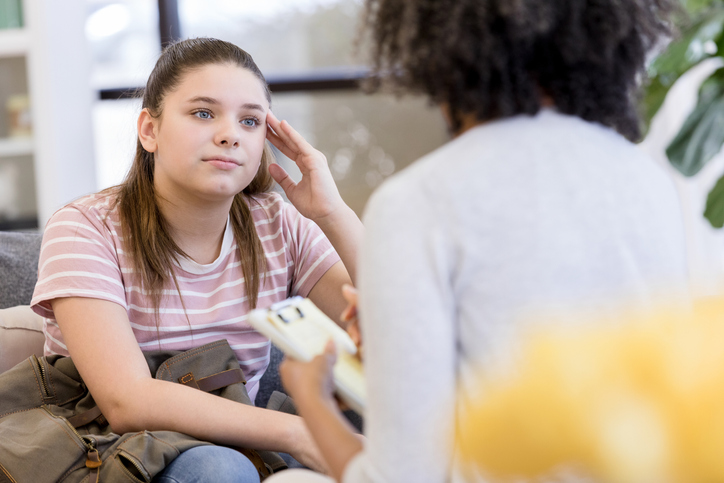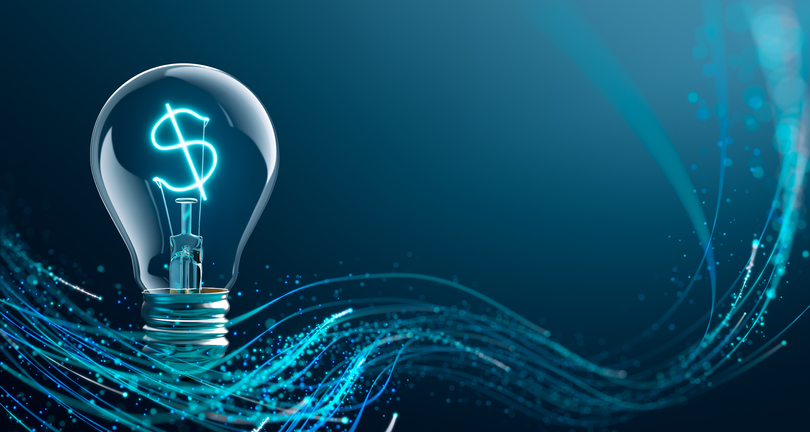
Oticon, the company behind the Opn high-end hearing aid, has premiered a hearing aid app. Called Oticon HearingFitness, it functions somewhat like a fitness tracker.
HearingFitness is used with Opn, the company’s Internet-connected hearing aid. The app keeps track of a user’s listening environments and hearing aid use. It combines that data with sleep patterns, heart rate and information from other wearables to produce a clearer picture of an individual’s overall health.

With the Rise of AI, What IP Disputes in Healthcare Are Likely to Emerge?
Munck Wilson Mandala Partner Greg Howison shared his perspective on some of the legal ramifications around AI, IP, connected devices and the data they generate, in response to emailed questions.
Users can then check the app to receive advice and encouragement about their hearing well-being.
In a recent phone interview, Annette Mazevski, Oticon’s manager of technology assessment, shared an example of potential guidance from HearingFitness.
If a person wore their hearing aid for 16 hours one day, the app would congratulate him or her. If the user only wore it for eight hours one day, the app would advise him or her to wear it longer the next day.
“Everybody’s in different types of situations,” she said. “We are looking primarily at positive reinforcement.”

A Deep-dive Into Specialty Pharma
A specialty drug is a class of prescription medications used to treat complex, chronic or rare medical conditions. Although this classification was originally intended to define the treatment of rare, also termed “orphan” diseases, affecting fewer than 200,000 people in the US, more recently, specialty drugs have emerged as the cornerstone of treatment for chronic and complex diseases such as cancer, autoimmune conditions, diabetes, hepatitis C, and HIV/AIDS.
Mazevski added that HearingFitness can cater to an individual’s specific hearing needs.
“With Opn, there’s plenty of personalization,” she said. “With the HearingFitness app, this enables a whole new level of personalization. Everything the app can provide allows the individual to take ownership of their hearing loss and their hearing capabilities.”
Narrowing in on hearing health not only helps individuals in the short term, but it can also reduce the risk of other ailments such as dementia. According to a review by The Lancet, hearing loss is the number one modifiable risk factor for preventing dementia.
On a larger scale, approximately 40 million Americans ages 20 to 69 suffer from hearing loss, making it the third most commonly reported health condition in the United States, according to the CDC. Additionally, a recent CDC report found nearly one in every four adults ages 20 to 69 who reported having good to excellent hearing already had some hearing loss.
That’s why Mazevski believes it’s just the beginning of the road.
“Implementing [HearingFitness] within Oticon Opn, we’re really at the beginning of this massive learning curve,” she said. “There’s so much going on within the consumer realm. There shouldn’t be a reason why people who have hearing aids shouldn’t have access to [what’s being utilized by consumers].”
HearingFitness will be demoed at CES and will be available for download through the iTunes store. The app also won a CES Innovation Award in the software and mobile apps category.
Photo: iLexx, Getty Images












